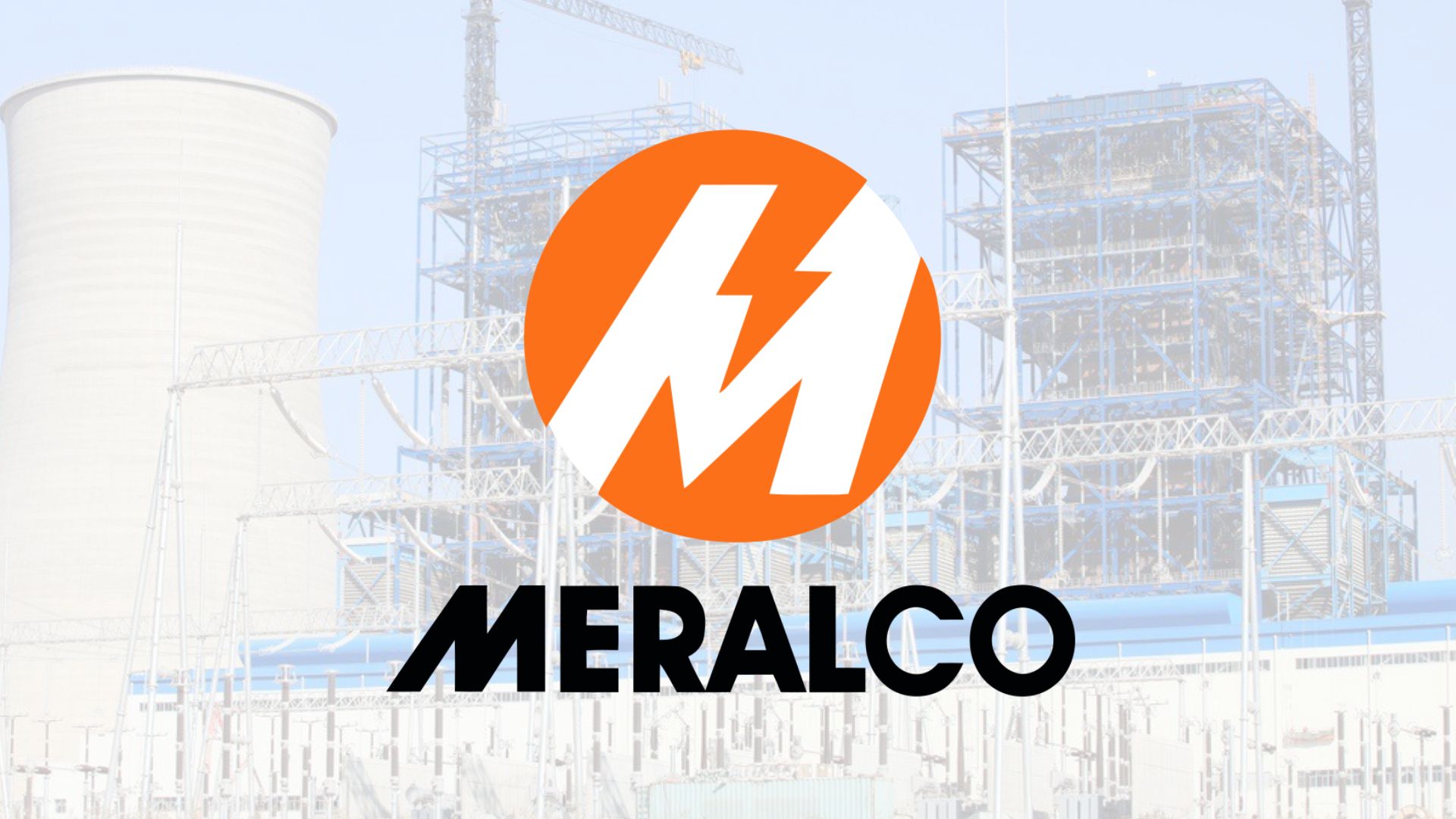Meralco Seeks Passage of Nuclear Bill to Support SMR Deployment
- May 5, 2025
- 0

Meralco is urging the immediate passage of the Philippine National Nuclear Energy Act, or Philatom Bill, warning that delays could derail the country’s efforts to deploy nuclear energy within the next decade.
Speaking at the GIGA Summit, Meralco Executive Vice President and Chief Operating Officer Ronnie L. Aperocho said the bill is essential for transitioning from feasibility studies to actual deployment.
“We’re running out of time,” Aperocho said. “Hopefully the nuclear Philatom Bill will be passed already with the Senate by June, so any delay in the enactment of the bill will definitely cause a major backlog in terms of hitting that target.”
Aperocho said Meralco has already raised the urgency of the measure with the Office of the President.
“There have been representations already to the President to somehow accelerate the enactment of the bill,” he said. “That’s on top of the priority of the President.”
While Meralco continues to develop its Nuclear Energy Strategic Transition (NEST) program—including site feasibility studies and talent development—the executive stressed that policy support is necessary to move forward.
“Without the Philatom Bill, I think all we could do is to somehow conduct feasibility studies, train our people,” Aperocho said. “The major development is the enactment of the Philatom Bill.”
In parallel, Meralco is exploring global developments in nuclear technology, particularly Small Modular Reactors (SMRs), which are seen as a more scalable and timely alternative to conventional nuclear plants.
Aperocho pointed to the ongoing construction of a first-of-its-kind SMR project in Romania, targeted to go online by 2030.
“They claim that they can get this up and running by 2030, and once the target is met, definitely all of the other interested companies like us would be looking into the performance of these first-of-a-kind SMRs,” he said.
Meralco is particularly interested in SMRs with a capacity range of 300 to 450 megawatts, which Aperocho described as more feasible to deploy in the Philippine context.
“But of course the cost is a very important consideration,” he added. “We really leave it up to the DOE kung paano tayo makakapagtayo ng SMR.” (“We really leave it up to the DOEon how the country can proceed with building an SMR.”)
Do you think SMRs are the right fit for the Philippines’ energy future? Share your thoughts in the comments. Follow Power Philippines on Facebook and LinkedIn for more energy updates.